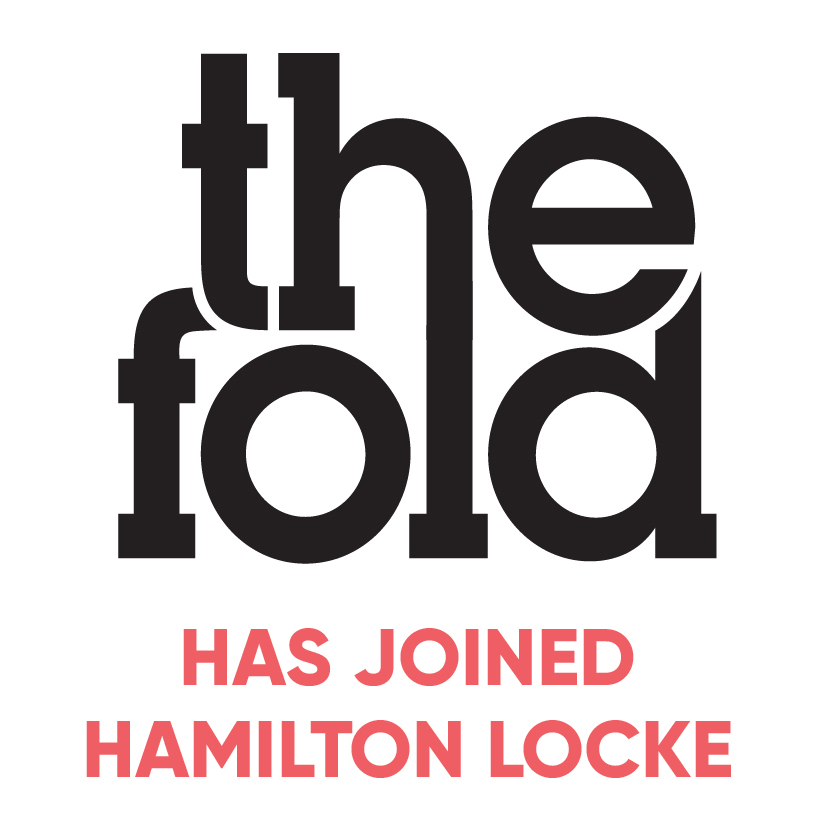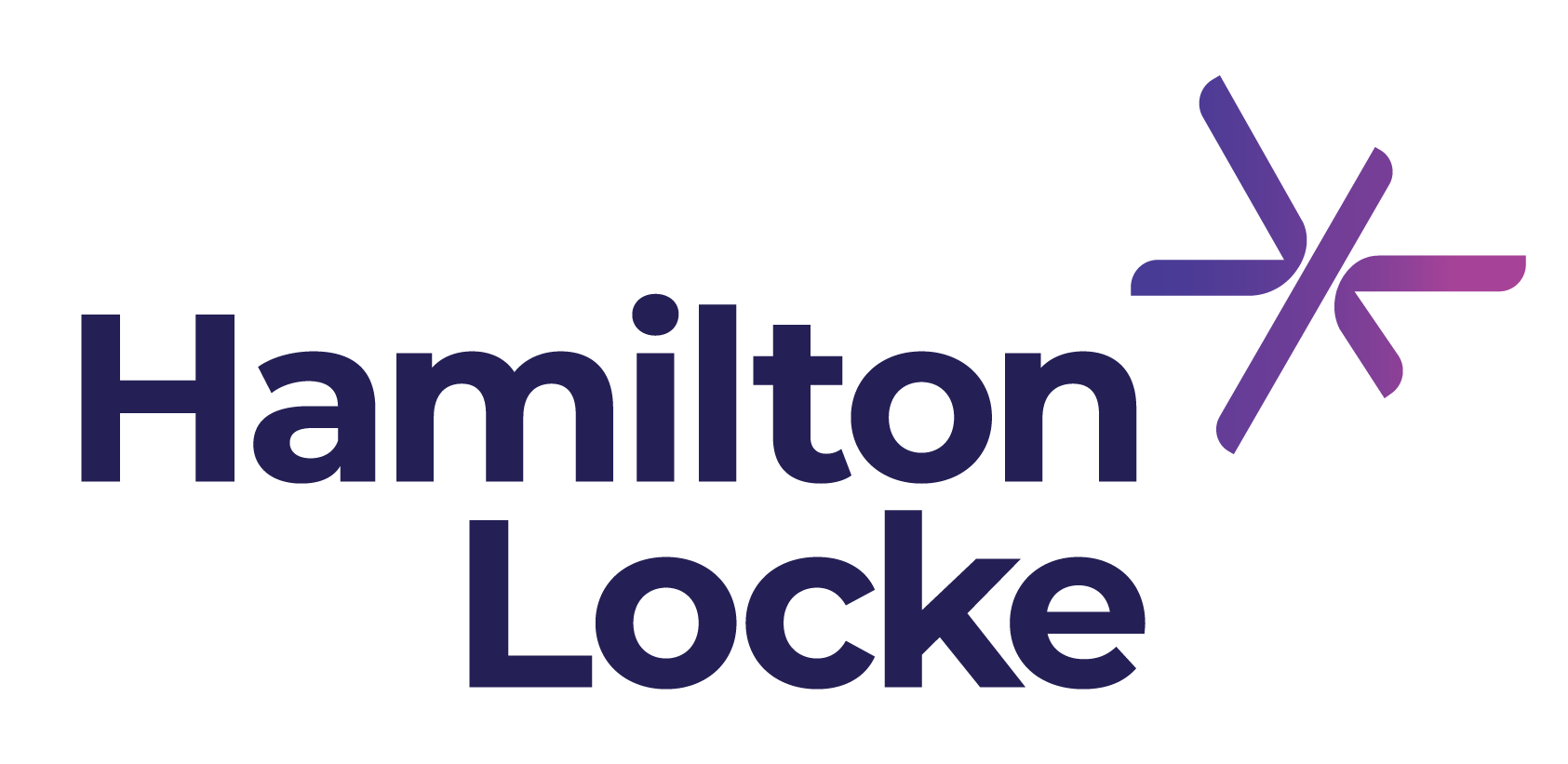INSURANCE ALTERNATIVES: PART 3: AGGREGATE DEDUCTIBLE FUNDS.
Published on Nov 04, 2019

Aggregate deductible funds (ADFs) are becoming a more common type of insurance alternative for buying groups who are looking for new ways to manage their risks.
What is an aggregate deductible fund?
An ADF is a self-insurance pool that is often used by corporate or community groups, religious institutions, sporting organisations or other groups of buyers who have similar insurance needs. It requires the insured group to self-insure certain losses themselves by paying those losses out of a specific fund.
ADFs are also used to subsidise insurance deductibles across the buying group, allowing them to reduce the cost of their insurance program by retaining some of the losses. For example, a sports club may agree to self-fund claims up to $100,000 on its personal accident policy and then the insurer pays any claims in excess of $100,000 (up to the limit of insurance). The first $100,000 is called the self-insured retention.
Are ADFs a regulated financial product?
If you are managing an ADF, you may be:
- Dealing in a risk management product by arranging cover for other people;
- Providing a custodial or depository service by holding a risk management product on trust for or on behalf of another person; or
- Providing financial product advice.
These are financial services that are regulated under the Corporations Act and generally you must hold, or be authorised under, an Australian Financial Services (AFS) licence to carry out these activities.
However, there are a number of exemptions you may be able to rely upon, depending on the structure of the ADF:
- Group purchasing bodies relief: A body who purchases products to cover the group’s risks does not need to be licensed or authorised where the product is ‘incidental’ to the group’s normal activities and the body is not a financial services licensee or acting as an authorised representative and is not receiving remuneration for arranging the protection.
- Incidental financial products: This exemption applies to any financial product that is offered as one component of a relationship/facility that has other non-financial components.
- Unregistered managed investment scheme: A managed investment scheme does not need to be registered if it has less than 20 members or if it is promoted by a person who is not in the business of promoting managed investment schemes.
Groups/bodies who do not qualify for one of the exemptions may be providing a financial service, and will need to:
- Obtain an AFS Licence; or
- Be appointed under an AFS Licence (eg as an authorised representative).
A regulated ADF may also require:
- Disclosure documents for retail clients;
- AFCA membership; and
- Professional indemnity insurance.
Sometimes it is impossible to structure an ADF so that it qualifies for an exemption, and it can be expensive and time-consuming to seek an AFS Licence. However, you may be able to partner with a manager who holds a Licence.
Even where a group does qualify, you might also prefer to partner with a professional, where you require additional skills or resources. It is common for ADF buying groups to partner with a broker to support the placement of the insurance program and to assist by helping with claims decisions, administration of the fund and collections and payments for the group, for a set period of time to gain the necessary skills and qualifications to apply for an authorisation themselves.
ADF Structure
Even if your ADF is not a regulated financial product, it is important to have a legal structure and appropriate governance policies and procedures. This provides certainty to the members of the group and ensures that the ADF can be managed in a business-like manner.
For example, rules similar to those that apply to common or managed funds are useful, as they give all members of the group an understanding of their legal rights as beneficiaries of the ADF:
- Members should be made aware of how ADF payments are collected from members of the group and when payments will be made from the pooled funds;
- What rights members have under the ADF, including in relation to voting or exiting the fund;
- Whether there is any ability for the funds to be invested and the investment mandate and other powers of the manager;
- Rules should also cover things like whether a manager of the fund is appointed and their liability/indemnity for acting; and
- What will happen if the ADF is wound up and there is a surplus of funds – will those funds be returned to members?
What are the benefits of an ADF?
ADFs are becoming more popular as the insurance market is hardening, because the group can increase the amount of their deductible on an ‘as-needed’ basis.
For a buying group, the benefits of an ADF are:
- Reduced costs for your insurance program because of the higher deductible;
- Increased flexibility to manage your liability. You can modify and change your self-insured levels from year to year and include provisions for ex gratia payments that would not be protected by the insurer;
- A quicker recovery process because you control the fund. So assessing the loss is not as critical and you can begin making payments; or
- Increased protection for a group where insurance is simply not available for a risk.
Who can use ADFs?
ADFs are frequently used by:
- Organisations, community groups or clubs, such as sporting bodies, religious bodies or group purchasing bodies, with common interests and a group insurance program;
- Industry associations, buying associations, and other groups with similar stakeholder interests, such as pilots, travel agents, motor repairers, or other industry-specific SMEs;
- Businesses and individuals who can afford to set aside the necessary amount to fund the ADF; or
- People who want to cover a risk that they believe is easily quantifiable or unlikely to happen.
It’s important to seek professional advice before you set up an ADF. You need legal advice on how this arrangement should be structured, whether it is a regulated financial service and you should also seek taxation advice.
If you’d like to set an ADF up and want to know more about how you could take advantage of this insurance alternative – get in touch. We’d be happy to help.
November 2019


